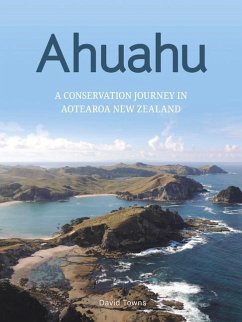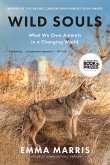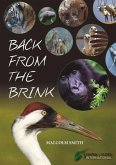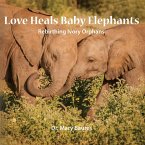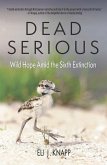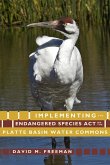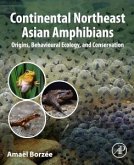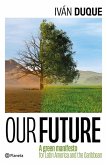Aotearoa New Zealand is renowned among biologists worldwide for spectacular ecological restoration work over the last 50 years, through advances in pest eradication and native species translocation. This book documents the development of these world-leading technologies. It uses examples from throughout the country, but has a special focus on one island group - the Mercury Islands off Coromandel, of which Ahuahu (Great Mercury Island) is the largest. The story is told through the eyes of pioneer conservation biologist David Towns, who was there from the start. It is a story of triumphs and setbacks, of opportunity and innovation, of teamwork and emerging bicultural collaboration. Today, all seven islands of the Mercury group are free of mammalian pests, providing a haven to native plants and animals. This book is the story of how that was made possible.
Bitte wählen Sie Ihr Anliegen aus.
Rechnungen
Retourenschein anfordern
Bestellstatus
Storno

